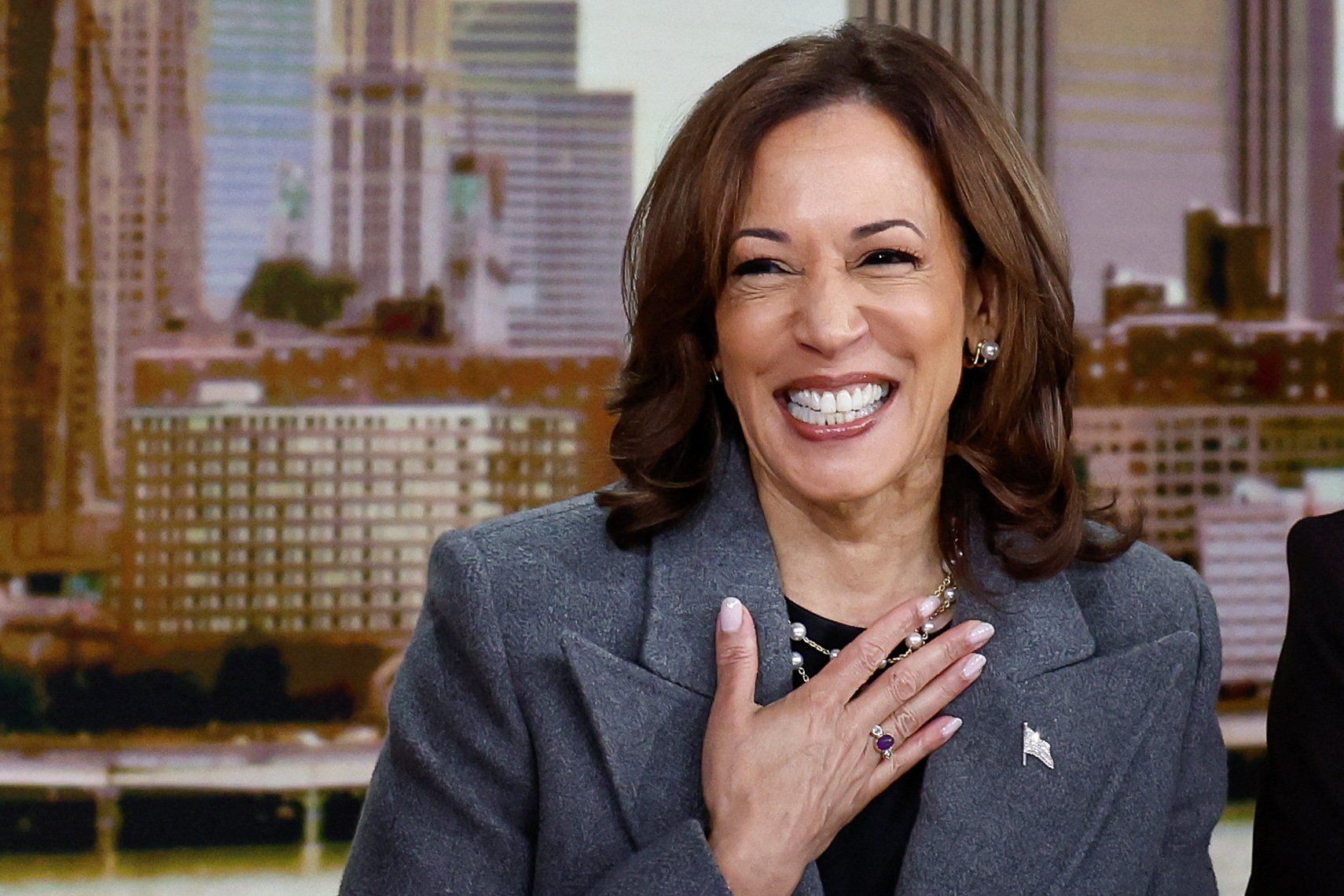Democratic presidential nominee and U.S. Vice President Kamala Harris reacts, as she appears on ABC's "The View" in New York, U.S., October 8, 2024.
Harris’ interview, which aired Monday night, offered a window into her thinking on foreign policy. On the war in Ukraine, Harris pledged she would not pressure Ukraine’s President Volodymyr Zelensky to offer Russia concessions in exchange for peace and that she would not negotiate with Russia’s Vladimir Putin without Zelensky present. She charged that, if Trump were elected, he would essentially hand Ukraine to Putin. Harris also identified Iran as America’s main international adversary. On border security, she accused Trump of playing politics and promised that “solutions are at hand.” But, she added, “we need Congress to be able to act to actually fix the problem.”
In the “60 Minutes” interview, Harris was not questioned about US policy toward Beijing, and she has notably shared very few thoughts on US-China relations throughout her three-month campaign.
During her debate with Trump last month, she said “a policy about China should be in making sure the United States of America wins the competition for the 21st century,” and she has noted the Biden administration’s efforts to boost American technological advancement. But this has not translated into foreign policy proposals.
Trump, meanwhile, has had plenty to say about the economic and security rivalry, and Chinese officials are surely watching closely.
The Harris media blitz continues. On Tuesday, she appeared on “The View” on ABC, “The Howard Stern Show,” and “The Late Show With Stephen Colbert” on CBS. On Thursday, she’ll take on a Town Hall in Nevada moderated by Univision, the country’s largest Spanish-language news network.